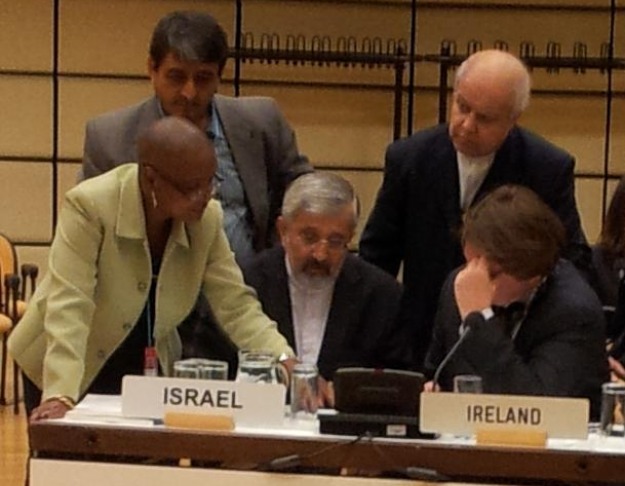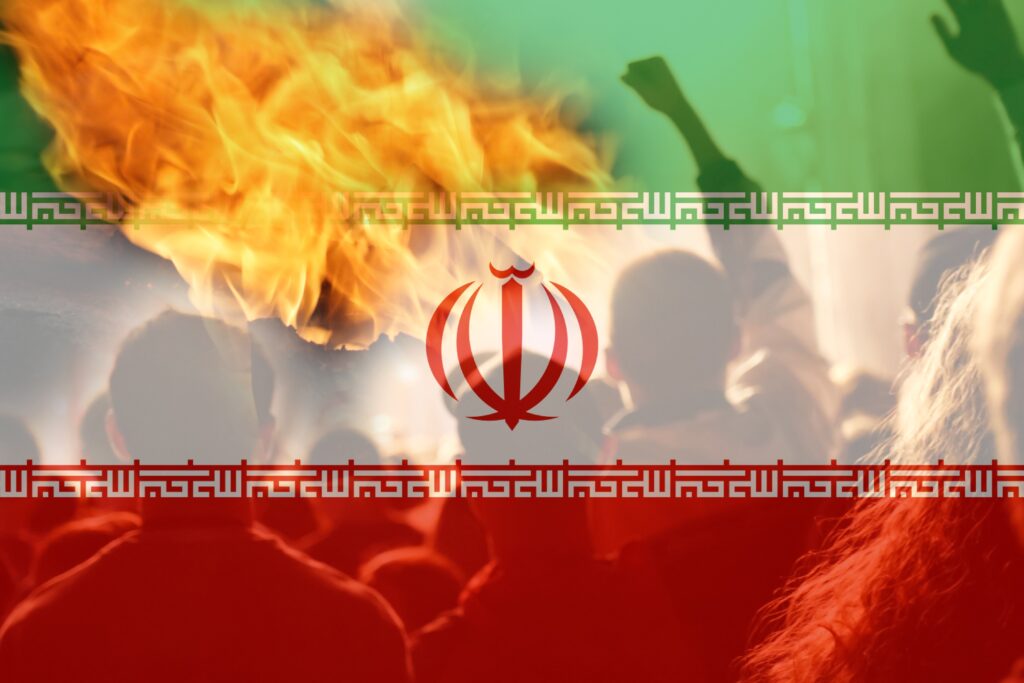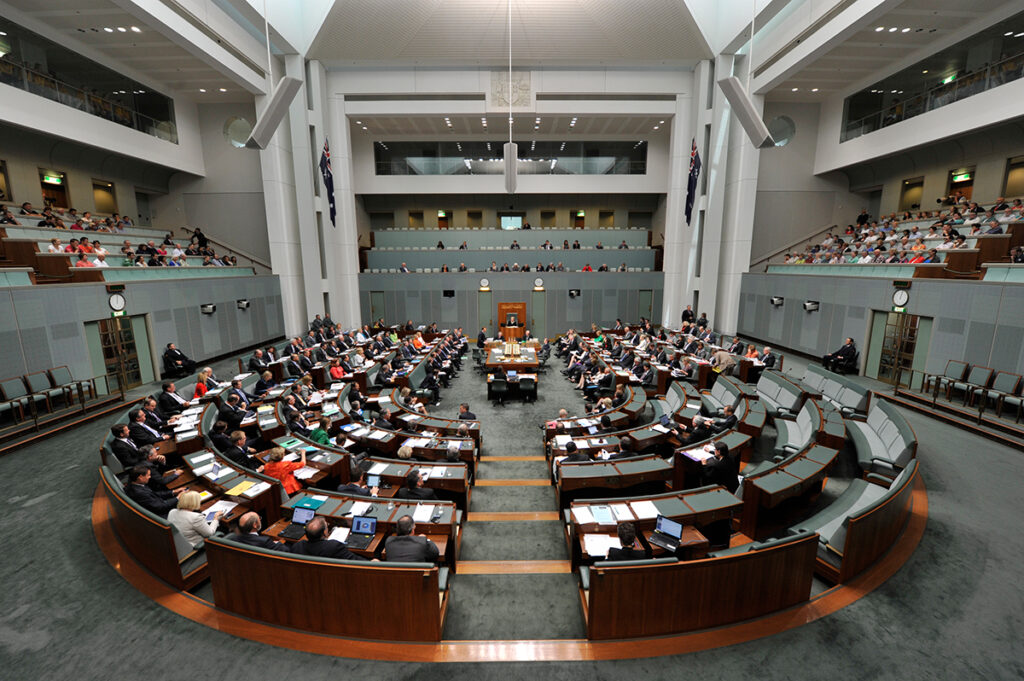UPDATES
Iran’s Holocaust denial and 9/11 conspiracies becoming “stale”
October 7, 2011 | Daniel Meyerowitz-Katz

In an amusing slip up captured by Foreign Policy‘s Colum Lynch, Dr Ali Asghar Soltanieh, Iran’s permanent representative to the International Atomic Energy Agency, has been photographed sitting behind the Israeli desk. As Lynch notes, Iran rejects Israel’s existence to such an extent that Iranian representatives are not permitted to utter the word “Israel” and rather refer to the “Zionist entity”, making the photo sadly ironic.
In fact, Iran seems to have been making the headlines a little over the last two days. Continuing the trend of leaving the important issues to the last minute, Iran’s nuclear program is again on the agenda while the world’s leaders are still gathered in New York. Graham Allison argues in today’s Washington Post that the US should take-up the offer Iranian President Mahmoud Ahmadinejad made at the beginning of last month to stop enriching uranium in exchange for being sold pre-enriched uranium.
Obama should seize this proposal and send negotiators straightaway to hammer out specifics. Iran has been enriching uranium since 2006, and it has accumulated a stockpile of uranium enriched at up to 5 percent, sufficient after further enrichment for several nuclear bombs. Iran is also producing 20 percent material every day, and it announced in June that it planned to triple its output. Halting Iran’s current production of 20 percent material and its projected growth would be significant.
Allison lists a number of potential arguments against accepting the offer, such as doubts about Ahmadinejad’s ability to actually deliver on his promise as well as the superior bargaining position that Iran would be in if the offer were accepted, however he seems to miss the key point entirely. Allison makes the cardinal error of taking the Iranian President at his word. Iran has a long history of failing to meet its commitments and making empty promises in order to gain more time to continue its nuclear program.
Ahmadinejad did repeat the offer in his speech to the UN last week, although this was not the only thing that he said during the speech. For instance, AFP quoted him asserting that:
Some European countries “still use the Holocaust, after six decades, as the excuse to pay fine or ransom to the Zionists,” he told the assembly.
The United States considered Zionism as “sacred” while they “allow sacrileges and insult” against other religions, he railed.
In fact, these particular comments were made in order to reject negotiations with the EU and the US. The speech contained many more examples of the standard Iranian “provocations” – Holocaust denial, rejection of Israel’s existence, 9/11 conspiracy theories and more. Amusingly, even Al Qaeda has grown impatient with Ahmadinejad, recently lambasting him for failing to give them credit for their work.
“For them, al Qaeda was a competitor for the hearts and minds of the disenfranchised Muslims around the world,” the article says. “Al Qaeda… succeeded in what Iran couldn’t. Therefore it was necessary for the Iranians to discredit 9/11 and what better way to do so? Conspiracy theories.”
Indeed, Ahmadinejad’s antics seem to be growing tiresome for many important figures. In response to his speech, the entire Western bloc walked out of the UN Assembly — again. As portrayed in this Reuters report, some diplomats are adopting a very blasé attitude.
The Western walk-out has become an annual ritual in response to Ahmadinejad’s speeches, which one Western diplomat said have become “stale and predictably offensive.”
… “They’re what you would expect,” a diplomat said. “Implications that 9/11 was a U.S. conspiracy, Holocaust denial, denial of Israel’s right to exist, and so on.”
While these Iranian capers can definitely be seem as either amusing or mundane attempts at creating another media circus, there is still the huge underlying danger of Iran’s nuclear program and that is not going anywhere. It is certainly positive that the EU seems to have realised this and is considering the imposition of yet another round of sanctions on Iran next week. That said, very little attention was paid to the issue last month; it is very worrying that the UN General Assembly does not seem to be taking the Iranian threat seriously.
Daniel Meyerowitz-Katz
Tags: Europe





